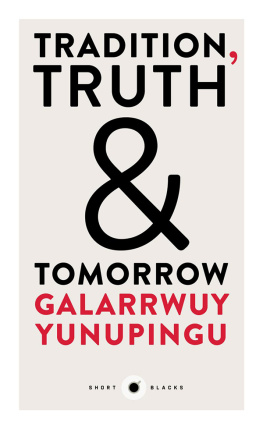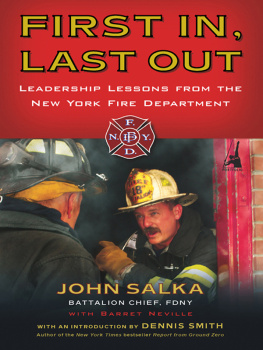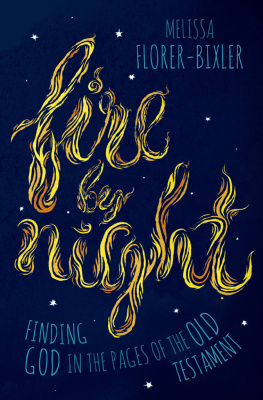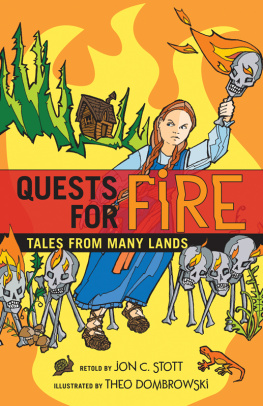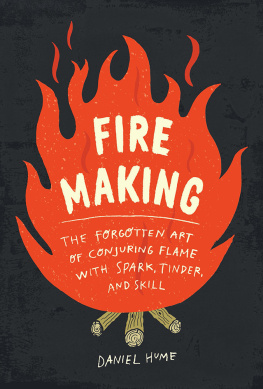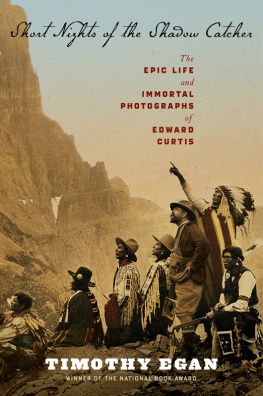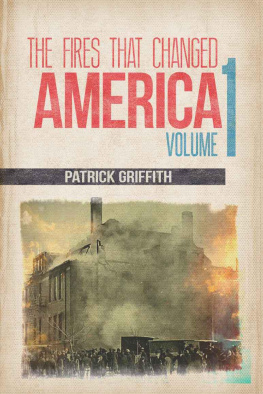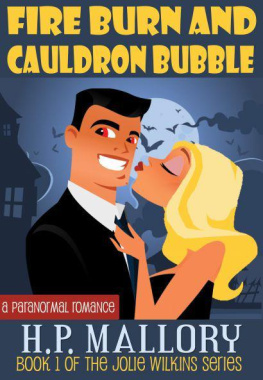SHORT BLACKS are gems of recent Australian writing brisk reads that quicken the pulse and stimulate the mind.
SHORT BLACKS
1 Richard Flanagan The Australian Disease: On the decline of love and the rise of non-freedom
2 Karen Hitchcock Fat City
3 Noel Pearson The War of the Worlds
4 Helen Garner Regions of Thick-Ribbed Ice
5 John Birmingham The Brave Ones: East Timor, 1999
6 Anna Krien Booze Territory
7 David Malouf The One Day
8 Simon Leys Prosper: A voyage at sea
9 Robert Manne Cypherpunk Revolutionary: On Julian Assange
10 Les Murray Killing the Black Dog
11 Robyn Davidson No Fixed Address
12 Galarrwuy Yunupingu Tradition, Truth and Tomorrow
Published by Black Inc.,
an imprint of Schwartz Publishing Pty Ltd
3739 Langridge Street
Collingwood VIC 3066 Australia
www.blackincbooks.com
Copyright Galarrwuy Yunupingu 2008
Galarrwuy Yunupingu asserts his right to be known as the author of this work.
First published in the Monthly, December 2008.
This edition published 2015.
ALL RIGHTS RESERVED.
No part of this publication may be reproduced, stored in a retrieval system, or transmitted in any form by any means electronic, mechanical, photocopying, recording or otherwise without the prior consent of the publishers.
National Library of Australia Cataloguing-in-Publication entry:
Yunupingu, Galarrwuy, 1948 author.
Tradition, truth & tomorrow / Galarrwuy Yunupingu.
9781863957748 (paperback) 9781925203561 (ebook) Short blacks ; no.12.
Yunupingu, Galarrwuy, 1948. Yolngu (Australian people).
305.89915
Cover and text design by Peter Long.
GALARRWUY YUNUPINGU is a member of the Gumatj clan from Yirrkala, in north-east Arnhem Land. He played a key role in the battle for indigenous land rights and has been a strong advocate for Aboriginal Australians. He was Australian of the Year in 1978, and was made a Member of the Order of Australia in 1985 for services to the Aboriginal community.
I was born in 1948 at Gunyangara, a beach on a beautiful headland near what is now known as Nhulunbuy, in north-east Arnhem Land. My father was Mungurrawuy Yunupingu, of the Gumatj clan, and my mother, Makurrngu, was of the Galpu clan. My parents gave me the name Galarrwuy, which means the area on the horizon where the sea merges with the sky. As I grew older my father would call me Djingarra, which means crystal clear. My elder sisters still call me this special name.
My fathers father was Nikunu. His totem was a sacred rock, an unbreakable rock Yunupingu a name that my grandfather gave to his son, Mungurrawuy, who passed it to all his children. My totem is fire, rock and the saltwater crocodile. The crocodile baru is a flame of fire: the mouth, the teeth and the jaw are the fire and its jaw is death. It is always burning, and through it I have energy, power strength.
My land is that of the Gumatj clan nation, which is carefully defined, with boundaries and borders set out in the maps of our minds and, today, on djurra, or paper. We have our own laws, repeated in ceremonial song cycles and known to all members of our clan nation. Sung into our ears as babies, disciplined into our bodies through dance and movement we have learnt and inherited the knowledge of our fathers and mothers. We live on our land, with our laws, speaking our language, sharing our beliefs and living our lives bound together with the other great clan nations of the Gove Peninsula: Rirratjingu, Djapu, Wangurri, Dhalwangu, Mangalili, Madarrpa, Marrakulu, Dartiwuy, Ngaymil, Gumatj, Galpu, Djambarrpuyngu, Dhudi-Djapu.
These are the 13 clans of the Gove Peninsula, in east Arnhem Land. Each is independent and proud; each is bound to the others through the moieties of Yirritja and Dhuwa. I am Yirritja and my clan is balanced by the Dhuwa clans, my mother groups, most importantly the Galpu, Rirratjingu and Marrakulu clans.
The clans of east Arnhem Land join me in acknowledging no king, no queen, no church and no state. Our allegiance is to each other, to our land and to the ceremonies that define us. It is through the ceremonies that our lives are created. These ceremonies record and pass on the laws that give us ownership of the land and of the seas, and the rules by which we live. Our ceremonial grounds are our universities, where we gain the knowledge that we need. The universities work to a moon cycle, with many different levels of learning and different inside ceremonies for men and women: from the new moon to the full moon, we travel the song cycles that guide the life and the essence of the clan keeping all in balance, giving our people their meaning. It is the only cycle of events that can ever give a Yolngu person someone from north-east Arnhem Land the full energy that he or she requires for life. Without this learning, Yolngu can achieve nothing; they are nobody.
As a clan we seek that moment in the ceremonial cycle where all is equal and in balance. Where older men have guided the younger ones and, in turn, taken knowledge from their elders; where no one is better than anyone else, everyone is equal, performing their role and taking their duties and responsibilities then the ceremony is balanced and the clan moves in unison: there is no female, no male, no little ones and no big ones; we are all the same.
My inner life is that of the Yolngu song cycles, the ceremonies, the knowledge, the law and the land. This is yothu yindi. Balance. Wholeness. Completeness. A world designed in perfection, founded on the beautiful simplicity of a mother and her newborn child; as vibrant and as dynamic as the estuary where the saltwaters meet the freshwaters, able to give you everything you need.
I step back to the 1950s. I am a small boy, maybe eight years old, able to tell the difference between right and wrong. An event is to take place at Yirrkala and members of the 13 clans are called together. Every man, woman and child is given clean clothes and dresses for the occasion, and they come together with pretty flowers in their hands, dressed up cleanly. All are told to stand in a line, from the bottom of the hill to the top of the hill, to greet the chairman of the board of the Australian Synod of the Methodist Church. And he arrives in a four-wheel-drive with other people who jump out of their cars and are received by the local people. I remember this occasion perfectly well. We just stood there for show, dressed prettily, holding pretty flowers, to give a so-called welcome to the Methodist Church. The vehicles came to rest, the dignitaries got out, they received their flowers, they smiled, then they left and that was that. The clan leaders stood there expecting something that would acknowledge them and respect them, an exchange or a gift in return but they received nothing. We were badly caught up that day and a poor example was set.
Now it is the early 1960s and a man called Harry Giese, the so-called protector of Aborigines in the Northern Territory, stands on a 44-gallon drum at the Yirrkala airport. He has called some people together to give them news I am one of those people; my father is there also; Roy and Mawalan Marika; the Djapu leaders, too. A mine will be built here at Yirrkala, he tells us. It will mine the dirt that we stand on our soil. The mining companies are coming and they will mine the land. They will take all the land and the boundary of that land will run to the edge of Yirrkala, and Yirrkala will be badly affected. Giese talks for 20 minutes, then he gets in his car and drives away. This is the first mining agreement on the Gove Peninsula.


